Posted at Common Ground United:
By Todd Darling (about the author) Page 1 of 2 page(s)
For OpEdNews: Todd Darling - Writer
Will natural gas be the bridge fuel to the future or a road block for renewables?
No wonder the unemployed can't find work in a new Green economy: the jobs haven't arrived yet. They're stalled somewhere in Washington, DC.
Major industries have balked at making "green tech" investments, in part because Congress, the Obama administration and some national environmental organizations are now sending mixed messages.
The Los Angeles Times reports that the hesitation to invest in green technology by major industries comes because of "a lack of certainty" from Congress and the Obama Administration.(http://www.latimes.com/business/la-fi-energy-invest22-2010feb22,0,1993754.story)
Echoing this sentiment from the environmentalist side, a recent article in The Nation by Johann Hari slams big environmental groups for taking money from polluting industries and then softening their stances on a wide range of environmental legislation. Hari claims this strategy by Big Green groups like the Sierra Club has baffled followers and misdirected legislative initiatives.(http://www.thenation.com/doc/20100322/hari)
Put into earthier terms, while Congress and these mainstream environmental groups flirt with "green," they haven't yet given up on their love of fossil fuels, and the oil and gas companies are certainly spending lots of money to make sure they don't. At risk are the chances for success of a coherent national policy on renewable energy. Indeed, the positions now staked out over natural gas vividly illustrate this dilemma.
Petroleum companies are now making an aggressive push into natural gas. In doing so, they have taken on a new set of allies: big national liberal and environmental organizations. The Sierra Club's Karl Pope has recently barnstormed around the country with oil tycoon T. Boone Pickens, extolling the virtues of natural gas in public forums. They say it burns cleaner than coal, which is true, and then add, hopefully, that it will lessen our dependence on foreign oil.
On the other side, people damaged by natural gas exploration in the Mountain West feel a sharp sense of betrayal at the hijacking of the "green economy" by old school petroleum companies in cahoots with people and groups who they had previously viewed as allies. They point out that industry claims of how clean natural gas burns are overwhelmed by the problems natural gas drilling creates.
Western ranchers and landowners from Montana to New Mexico have watched their water wells dry up or become poisoned, seen their range land and natural grasses killed off, their wildlife decimated, and their formerly pristine air now subject to regular ozone alerts. http://www.1000voicesarchive.org/video/149/George-Smith-1000_Voices-Sheridan-WY
But, now the lonesome cowboys on the range have some companions in their misery. Natural gas has been discovered in large deposits in New York and Pennsylvania.
On Feb. 22, 2010, a group of activists recently disrupted the CEO of Chesapeake Energy as he delivered a lecture at Harvard entitled "Natural Gas: Fueling America's Clean Energy Future." Despite the Ivy League surroundings, the executive, Aubrey McClendon, left the event earlier than scheduled following a series of pointed questions and jeers from the audience over the impact of gas wells and "hydraulic fracturing" atop the clean drinking water supply for New York and Pennsylvania. Most significantly, this event and the surrounding growth of local grass-roots opposition indicate how a bitter conflict from the sparsely populated West has now moved into the more densely populated East.
The oil industry is staking a lot of money on natural gas. Exxon Mobile recently announced intentions to a buy natural gas company, XTO for $29 billion. Exxon wants XTO's extensive leases on the natural gas deposits under the Marcellus Shale in up-state New York and Pennsylvania. Since natural gas burns cleaner than coal or conventional gas Exxon may see this as an opportunity to earn both money and "green" credentials without having to change its core business. Enabling such a view, environmental groups such as the Sierra Club and the Environmental Defense Fund, along with Democrats like Colorado's former US Senator, Tim Wirth, back natural gas as a "bridge fuel" - an alternative to coal.
But this "bridge" could lead to brand new environmental hazards that cannot be derided as minor NIMBY (Not In My Backyard) aggravations.
Here's why: Traditionally, natural gas comes up a well from a pool below the surface. However, the gas reserves now pursued by Exxon and others are trapped in shale rock, coal deposits, and other tricky geological structures making extraction more difficult.
How to get gas out of shale? Blast it with an ocean of chemically laced water. This method called "hydraulic fracturing" has been developed to get this gas out of shale and "tight sands." This method carries enormous hazard, and proceeds with little or no oversight. The drillers say they carefully cap the well so the chemicals don't come back up. But, the trouble is, according to the Powder River Basin Resource Council in Wyoming (www.powderriverbasin.org), the chemically laced water blasted down the well doesn't stop moving once the gas comes up. The chemical cocktail keeps migrating.
![]() 1 | 2
1 | 2
The views expressed in this article are the sole responsibility of the author
and do not necessarily reflect those of this website or its editors.
 Contact Author Contact Author |  Contact Editor Contact Editor |  View Authors' Articles View Authors' Articles |

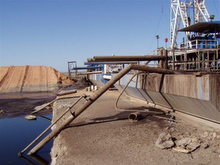



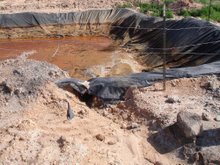

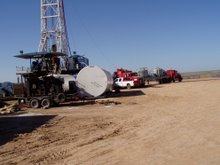
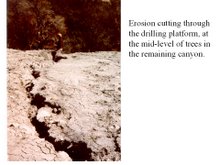
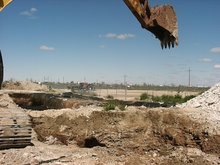

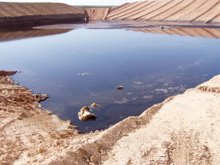
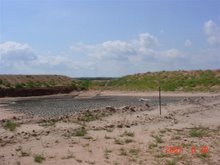
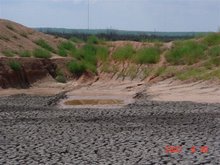
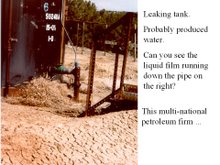
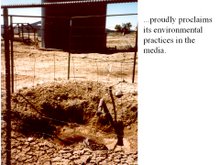
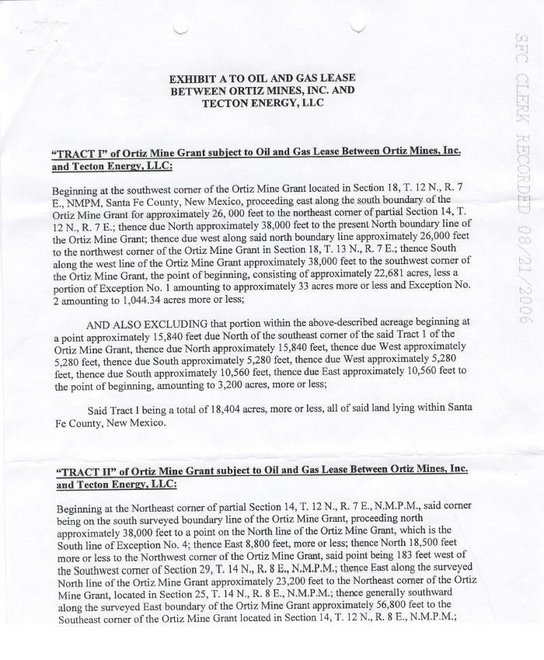
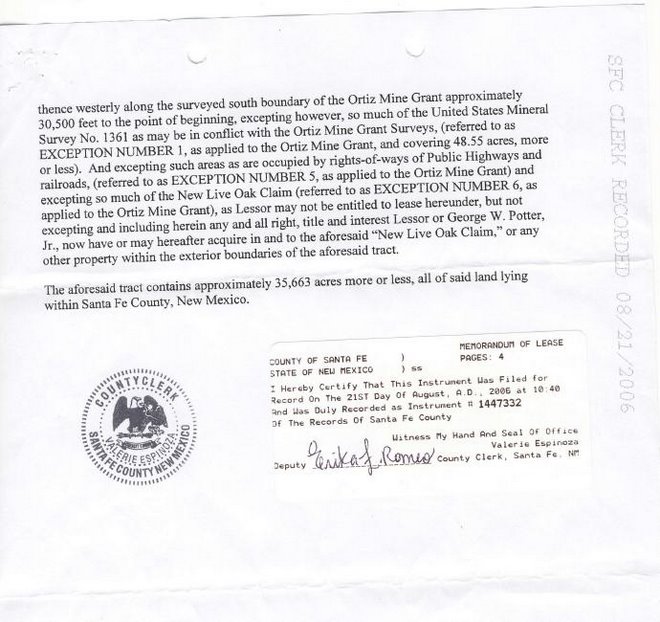
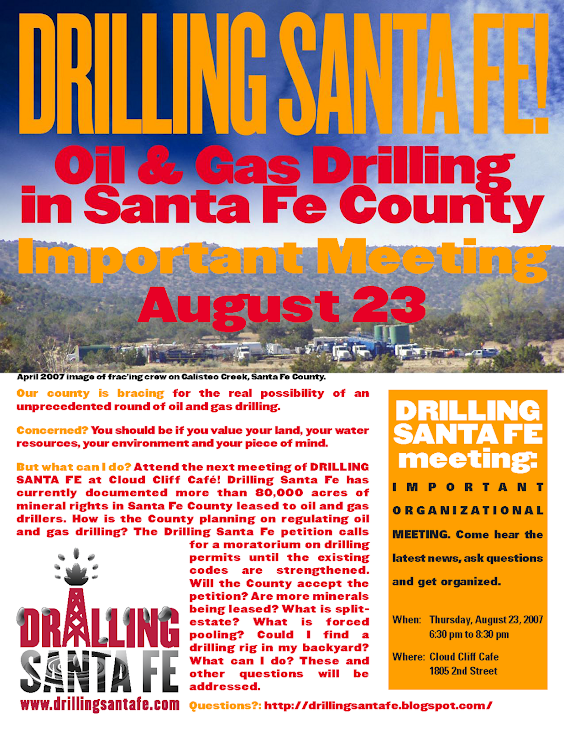

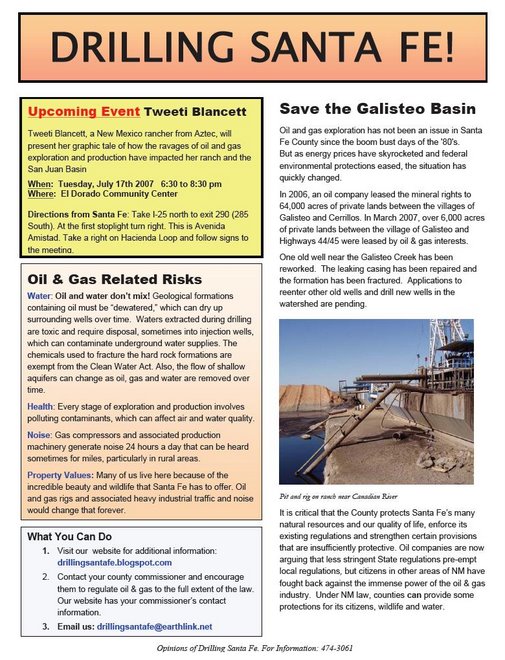
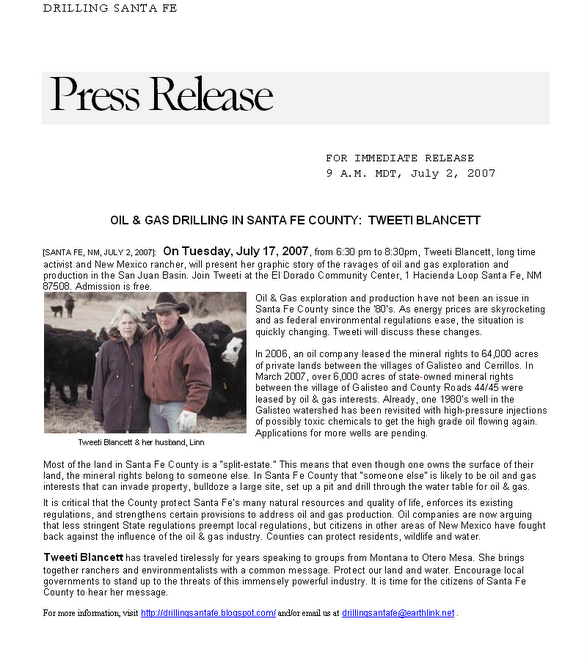
No comments:
Post a Comment